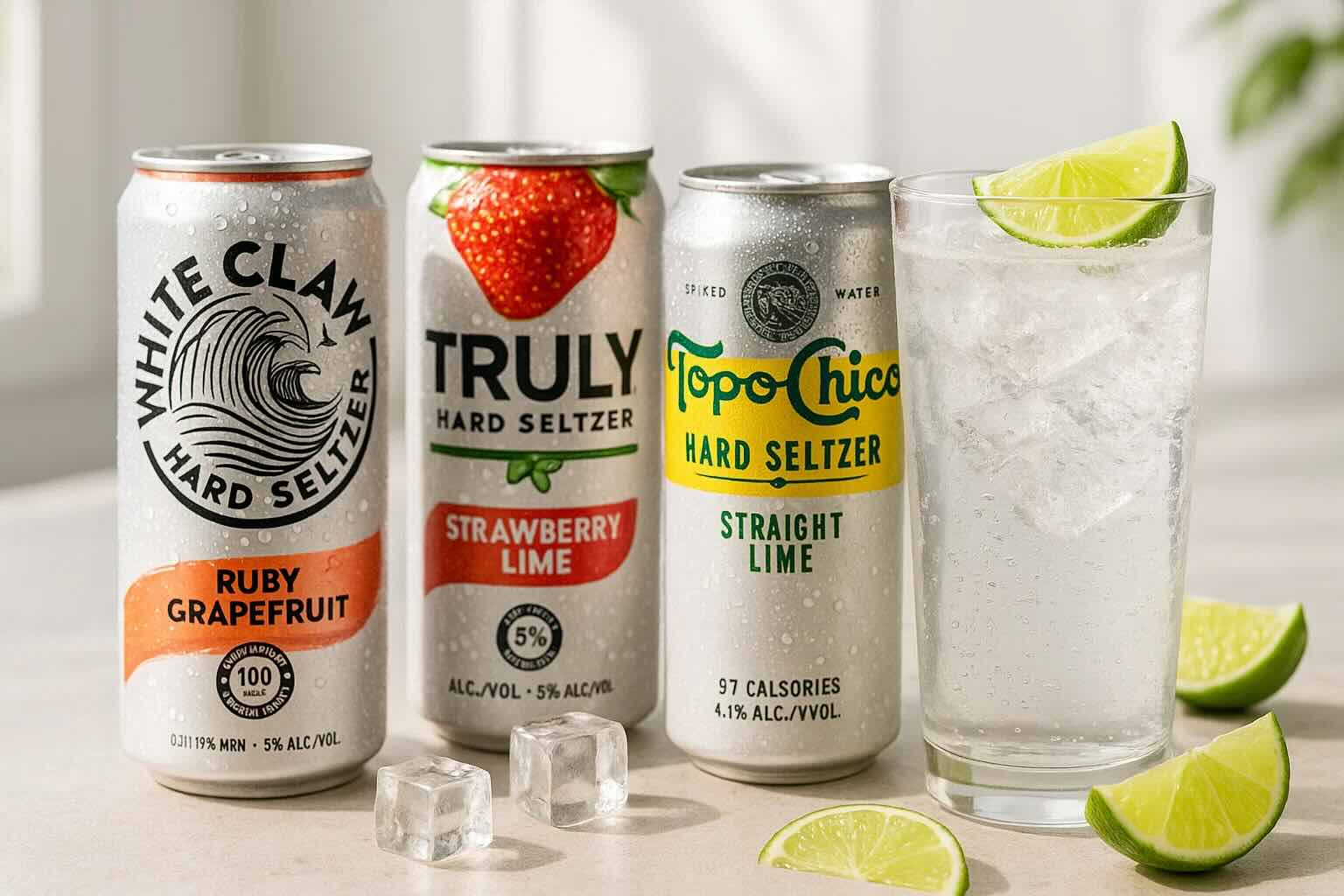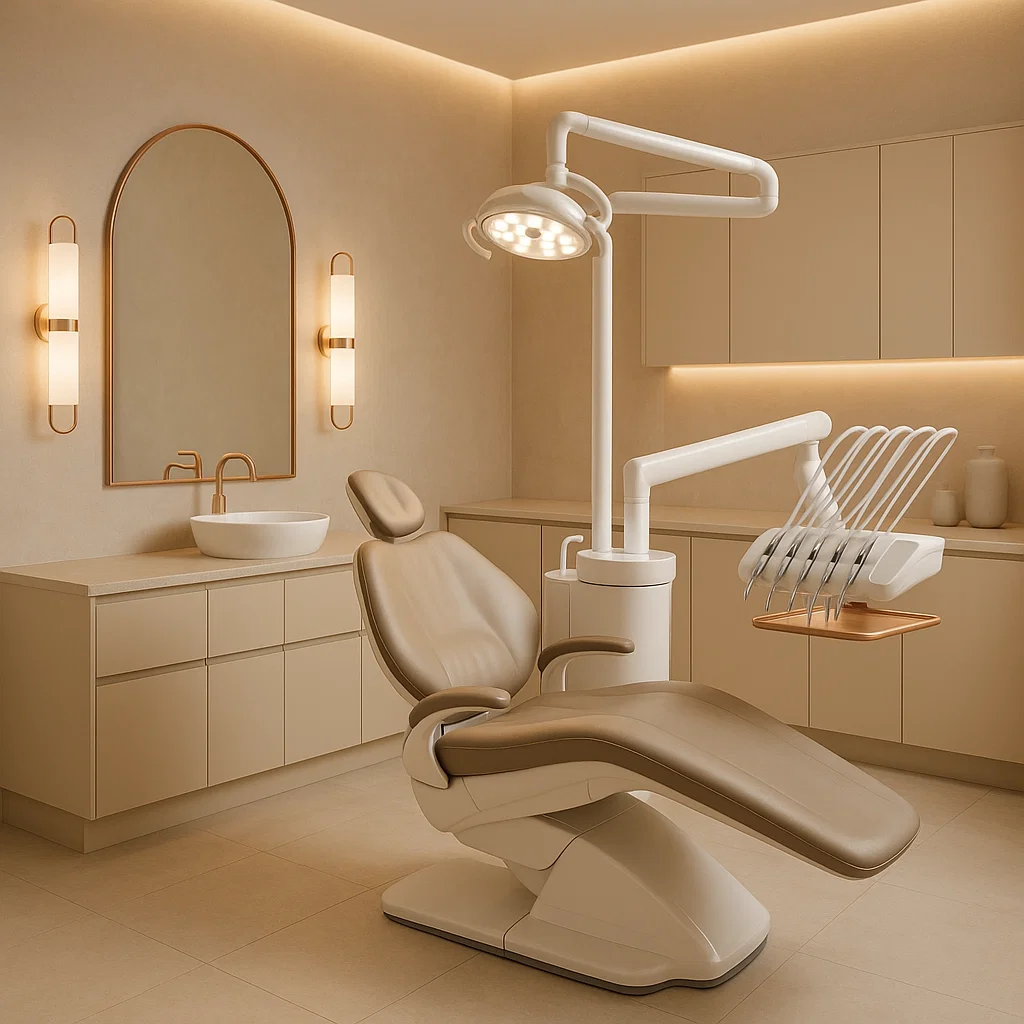
Hard seltzers have quickly become the drink of choice for people looking for something “healthier” than beer or sugary cocktails. Low calories, fruity flavors, and a bubbly finish—it feels like the guilt-free way to enjoy a weekend.
But here’s the part most people don’t realize: the very things that make hard seltzers refreshing—carbonation, citric acid, and alcohol—quietly wear down your enamel. The damage doesn’t show up right away. Instead, it builds silently until sensitivity, stains, and cavities appear.
That refreshing fizz comes from carbonation. But carbonic acid lowers the pH in your mouth, softening enamel every time you sip.
The result?
📊 Most hard seltzers have a pH around 3–4—similar to soda, and well below the safe threshold for enamel.
Fruit-flavored seltzers often rely on citric acid for taste. This acid doesn’t just soften enamel—it can also roughen the surface, making stains cling faster.
Because enamel loss doesn’t hurt right away, most people don’t notice until they develop:
📊 One can of hard seltzer often has as much acid as lemonade—meaning “light” doesn’t always mean safe for teeth.
Alcohol in hard seltzers doesn’t just relax you—it dries out your mouth. Less saliva means less natural protection against acid and bacteria.
That leads to:
Hard seltzers don’t feel dangerous in the moment—but their effects build silently. Over time, carbonation, acid, and alcohol weaken enamel, fuel cavities, and dull your smile. With small swaps, you can enjoy your favorite bubbly drink while keeping your teeth healthier, stronger, and brighter.
Are hard seltzers better than beer for your teeth?
Not necessarily. While lower in sugar, they’re often just as acidic as soda—and alcohol still dries out your mouth.
Do “sugar-free” seltzers mean safe for teeth?
No. Sugar-free reduces cavity risk, but acid from carbonation and flavors still erodes enamel.
Is brushing after drinking a good idea?
Yes—but wait at least 30 minutes so you don’t scrub softened enamel.
Does sparkling water carry the same risks?
Plain sparkling water is safer, but still acidic. It’s much less risky than flavored, alcoholic versions.
Can whitening help after years of seltzer drinking?
Yes. Professional whitening can brighten stains, but protecting enamel is key to long-term results.
At KYT Dental Services, we see the hidden effects of everyday choices all the time. Patients are often surprised to learn that “innocent” habits—like sipping hard seltzers—were quietly eroding enamel or dulling their smile.
Our approach goes beyond fixing damage. We focus on anticipating it—protecting enamel from acid erosion, whitening stains, and reinforcing teeth before small cracks become big problems.
✨ Because even a sparkling seltzer should refresh your evening—not compromise your smile.





